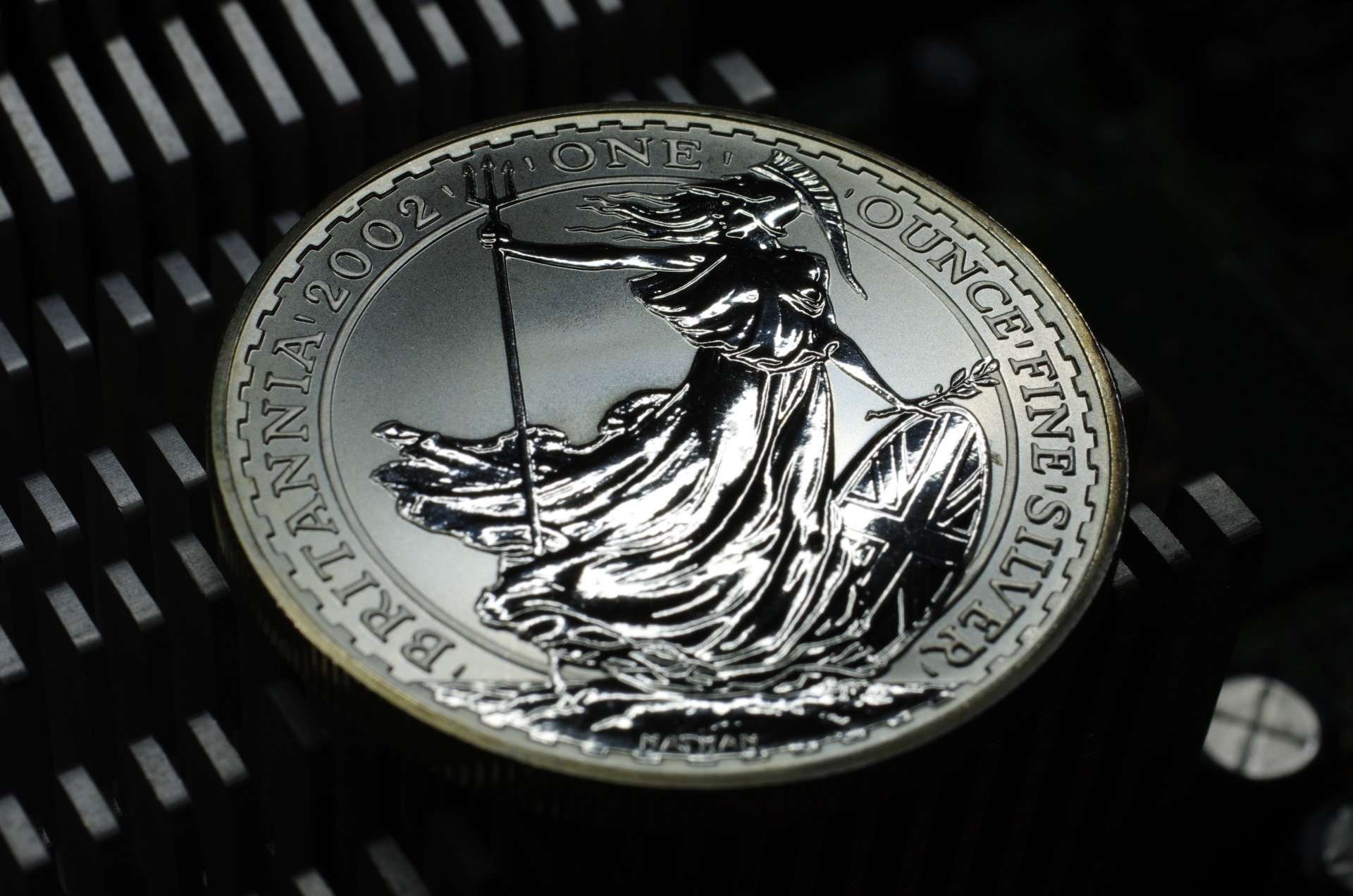We have to develop money sense
It is common for me to lose (rare to make) thousands of dollars a day in the stock market. On the other hand, I sometimes give up buying cereal only because it doesn’™t sell at a bargain price, though it’s just about 5 USD and I eat it almost every morning. I once bought a suit at more than 2,000 USD but hardly ever wore it. It was so scary to only think about the possibility to spill something on it. This may be a natural result for a man like me who always wear UNIQLO (synonym for cheap clothes in Japan) from head to toe at home.
Like this, spending money seems as difficult as making it because we are likely to make a decision emotionally rather than rationally. Today’s subject is “How to spend money correctly.” Let me first share an interesting paper by Harvard psychologists.
Buy experiences instead of things
“Money can’t buy happiness. This sentiment is lovely, popular, and almost certainly wrong.” One of the coauthors, Daniel Gilbert started the paper with such a sensational introduction, proposing the eight money principles to guide our spending. As some of you may have already guessed it, in this article as always, I tried to draw a good conclusion to recommend the purchase of our products. This time, however, I found it very difficult because the first one of the eight money principles is: “Buy experiences instead of things.” It seems I made a mistake in subject selection, but give me a little more chance.
Buy many small pleasures
Another one of the principles says “Buy many small pleasures instead of few big ones.” He raises an alert over our ability or curse to adapt, saying “Expensive new iPhone will inevitably reveal itself to be just a smartphone in a matter of weeks.” I should buy good cereal and even toppings instead of blowing money on the stock market (dreaming of making a fortune); wear a little better loungewear instead of paying a lot for clothes to wear once or twice in a lifetime.
Let me forcibly conclude today’s article, though I know it’d be the slightly broader interpretation (or intentional misinterpretation) of the principle. The quality of life and cost performance get better by spending more money on the things we use often and for a long time. In that sense, I can say buying furniture, especially our durable products, would be a right way of spending money.

Shungo Ijima
He is travelling around the world. His passion is to explain Japan to the world, from the unique viewpoint accumulated through his career: overseas posting, MBA holder, former official of the Ministry of Finance.


